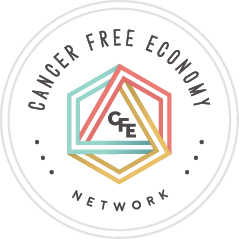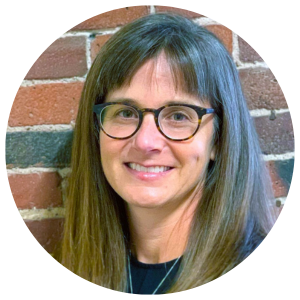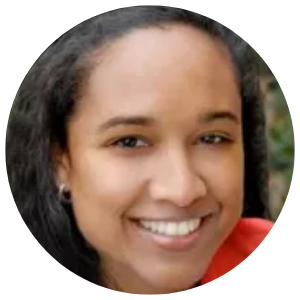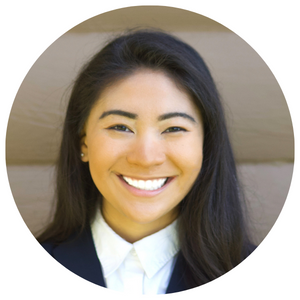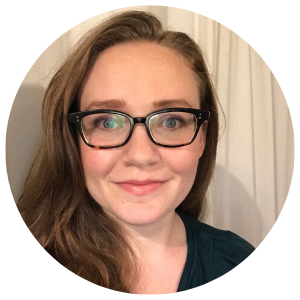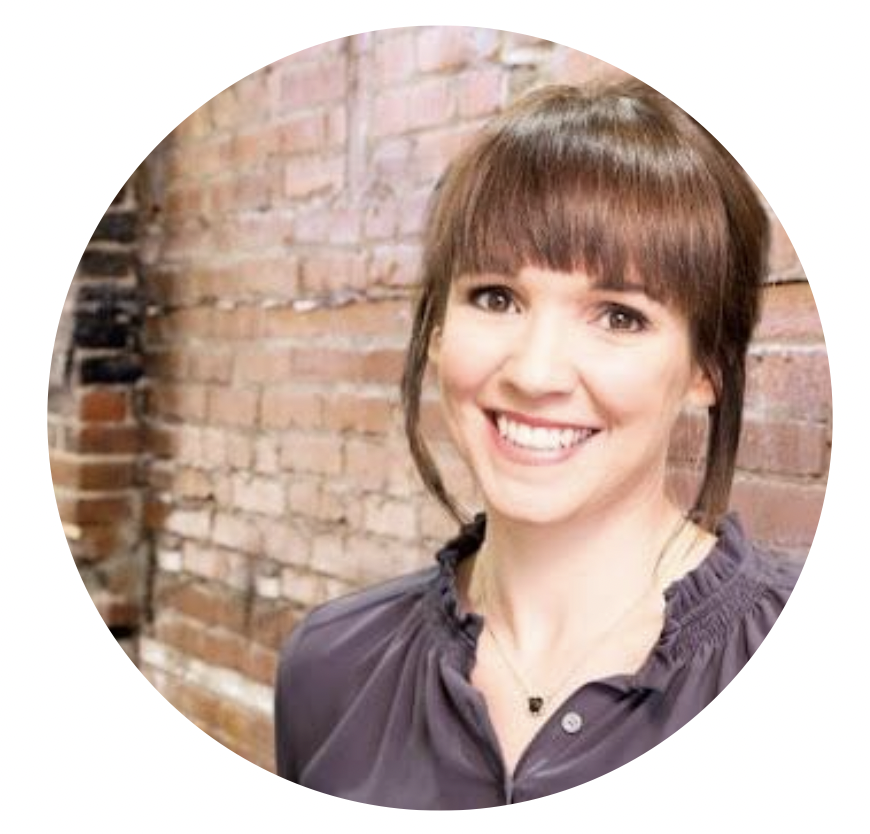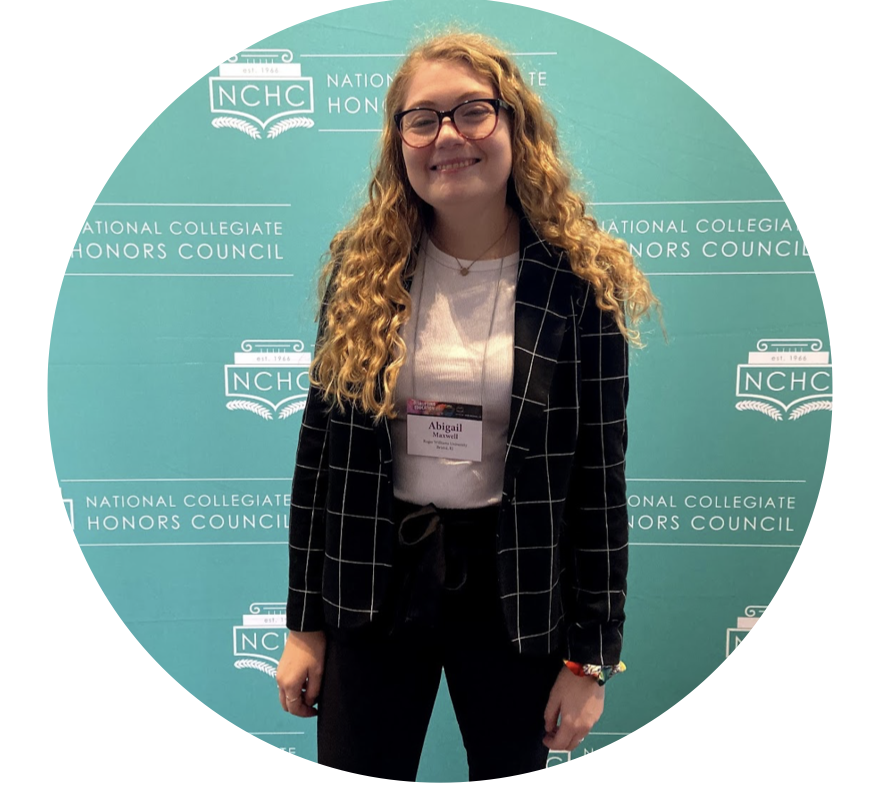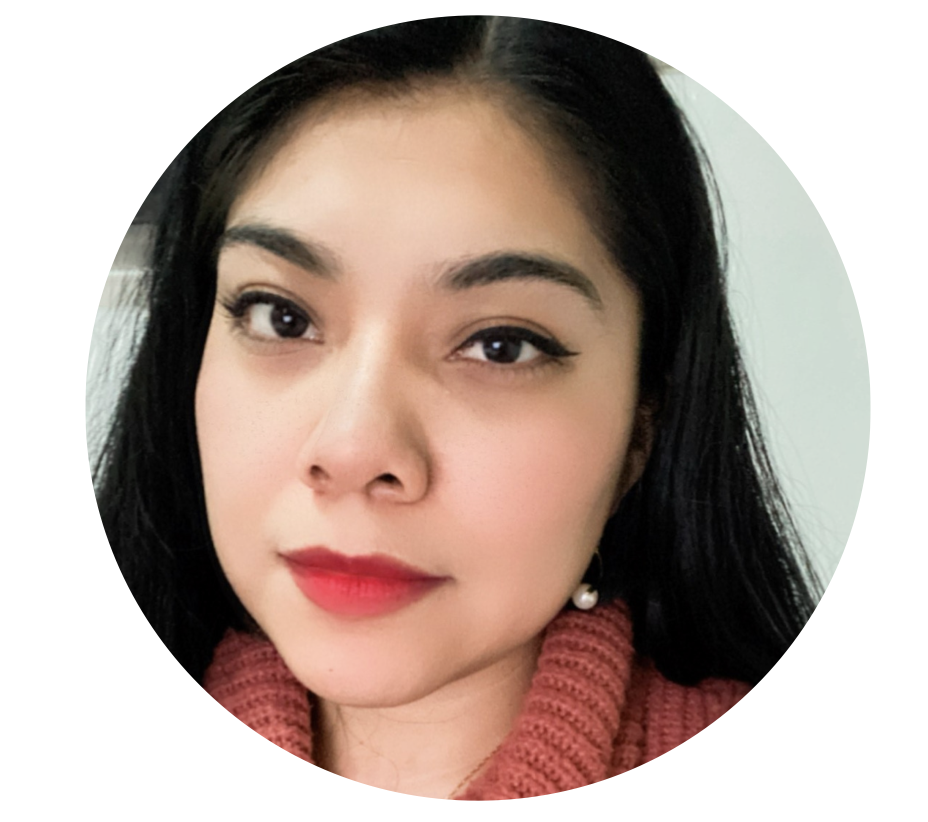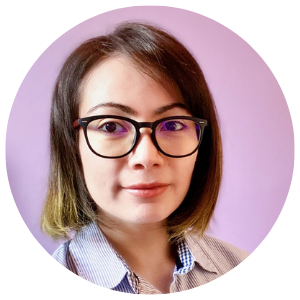
Roxana Amaya Fuentes
Health + Science Node Leader
Children's Environmental Health Network
Maryland
Emily CarrollPolicy + Legal Node Leader
Green the Church
California
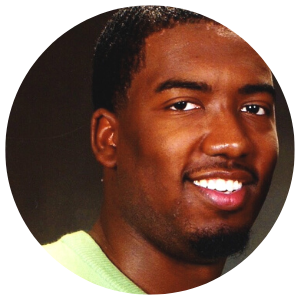
Saleem ChapmanPolicy + Legal Engagement Manager
Pennsylvania

Jessica
Conrad
Capacity Building
Manager
Washington
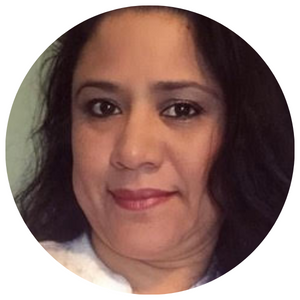
Debora
Gonzalez
Gonzalez
Building Power Node Leader
National Day Laborer Organizing Network
Connecticut
Katie
Huffling
Equity Team Representative
Alliance of Nurses for Healthy Environments
Maryland

